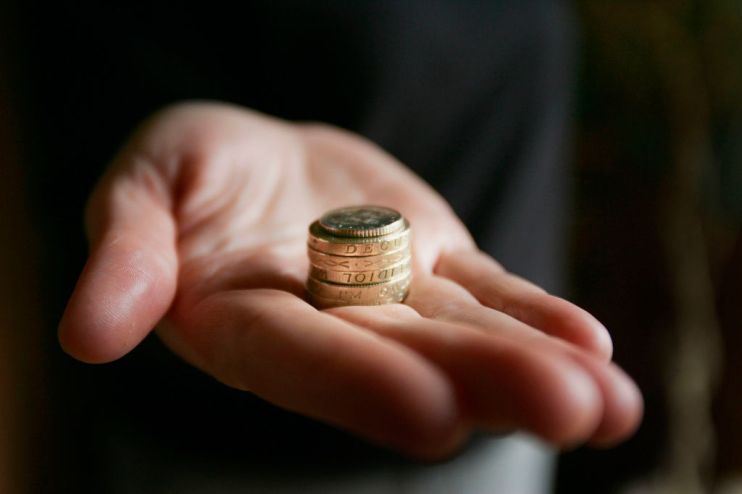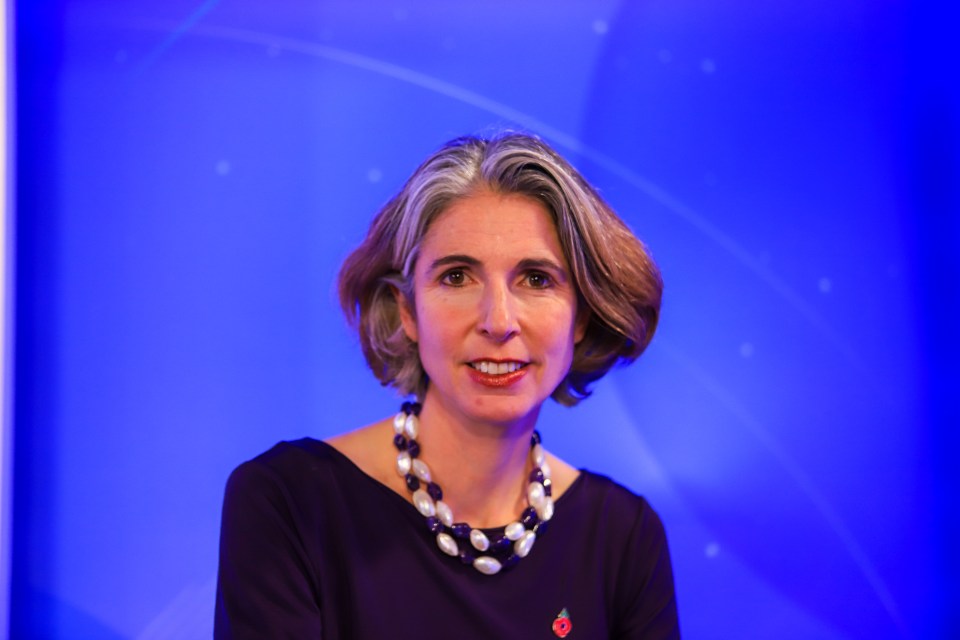CBI boss warns looming minimum wage increase may stoke inflation

April’s increase in the minimum wage could reignite inflationary pressures as firms are forced to pass on higher costs to consumers, the Confederation of British Industry (CBI) warned today.
The minimum wage will rise to £11.44 an hour next week, an increase of just under 10 per cent reflecting the high rates of inflation. This follows a 9.7 per cent increase last year.
In a speech set to be delivered later today, Rain Newton-Smith, director general of the CBI, will say: “When the National Living Wage increased last April nearly half of firms affected told us the pressure was so great they had to pass it on in price rises.
“Now, more members than ever are telling us they’re worried about the increase next month”.
She will argue that policymakers now needed to turn their attention to firing up the economy, which she will say is the “only effective way” to raise living standards.
A stagnant economy meant workers were not feeling the benefits of the minimum wage increase, she will suggest. “The fact is living standards need wealth creation not just redistribution”.
Despite the large increase in the minimum wage, analysis by the Bank of England suggests it will only push up aggregate pay growth by around 0.3 percentage points with a relatively small impact on inflation.

Capital Economics expect it will add twice as much to pay growth, but still think expect the inflationary impact to be limited.
The minimum wage was introduced in April 1999 at a rate of £3.60 equivalent to 47 per cent of median hourly pay. It is now one of the highest in the world relative to typical wages.
In a report published today, the Resolution Foundation described it as “the single most successful policy in a generation”.
“The policy was introduced in the face of fierce opposition, but now experiences strong cross-party support,” Nye Cominetti, Principal Economist at the Resolution Foundation, said.
“With its current remit ending this year, now is the time to discuss the future of the minimum wage and low pay more widely ahead of the election,” he continued.